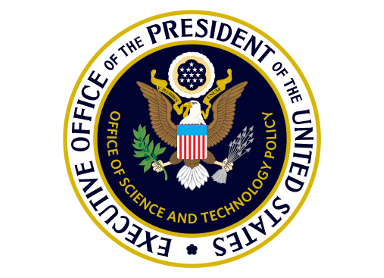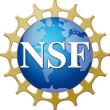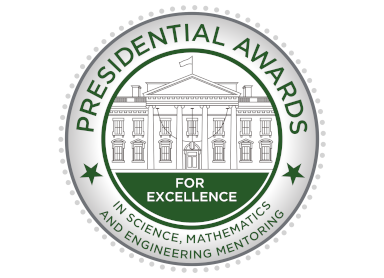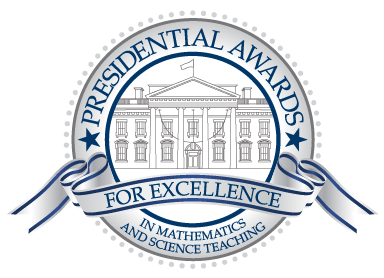Reginald Blake
New York City College of Technology | Brooklyn, NY | 2016

The official biography below was current at the time of the award. Awardees may choose to provide their latest biographical information on their profile page.
Dr. Reginald Blake's remarkable personal story is a testament to his excellence in mentoring, education, and research in the field of physics. Born to poverty in the island nation of Jamaica, Blake recalls the strength he found in learning: "With holes in my pants and holes in my shoes, I would hurry along to school each day (never missing a class) because for me school was my sanctuary." When he was in high school, Category 5 Hurricane Allen tore through the Caribbean. Despite its devastating impact on Jamaica, Blake recalls, "It inspired me to begin thinking about the atmospheric dynamics of nature." That event propelled his fascination with meteorology and tropical meteorology, in particular.
Blake completed his master's and doctoral degrees at the City University of New York (CUNY). In 2003, he became CUNY's first African-American tenure-track physics professor at the New York City College of Technology (City Tech). His research interests include remote sensing, hydro-climatology, and climate change. Dr. Blake's mentoring efforts extend to the community, university, and national levels. He has personally mentored and advised over 1,000 K-12, undergraduate, and graduate students as well as published and presented extensively on the topic of student mentoring. He spent a one-year period teaching mathematics in the New York City public high school system where, he says, "I witnessed firsthand the acute plight and paucity of high-quality STEM education among African-American and Hispanic students." This experience solidified his belief that STEM mentoring must begin in the middle school years, especially for minority groups. Nearly all of his mentees across all groups are African-American or Hispanic.
At City Tech, Blake became the first director of the college's Black Male Initiative (BMI), a CUNY-wide activity begun in 2005 to create model projects throughout the CUNY system that provide additional layers of academic and social support for students from groups underrepresented in higher education. Through its focus on STEM achievement by African-American male youths and other underrepresented populations, hundreds of BMI students have developed meaningful skills and knowledge in STEM fields. Among his other numerous community outreach activities, Blake brought the BMI model to support Safe in My Brother's Arms (SIMBA), a program serving African American and Hispanic male students who live in homeless shelters. The Institute for Higher Education Policy named City Tech a national STEM Model Replication Institution.
Across CUNY and through his numerous academic and professional affiliations, Blake has led efforts to broaden and strengthen mentoring, such as his "Entering Mentoring" workshop series for CUNY junior faculty. Blake's STEM research projects have been funded by National Science Foundation (NSF), National Aeronautics and Space Administration, National Oceanic and Atmospheric Administration, the Department of Defense, and the American Association for the Advancement of Science. All have contained a research mentoring component. He is City Tech 's 2016-2017 Scholar on Campus and has published extensively and reviewed papers for NSF and geophysics journals. In 2009 and 2015, he was honored by the New York City Council's Committee on Higher Education for his outstanding contribution to STEM education.



